International Reporting

International reporting on the critical issues of our times has been integral to the pedagogy of Berkeley Journalism, dating back to the 1980s.
Our graduates span the globe — working from China to the U.K. to Israel to Latin America — at staff bureaus in major U.S. news outlets like the New York Times, AP, Washington Post, CNN and the Wall Street Journal.
Led by top journalists with years of reporting experience in China and South Asia, India, and Latin America, Berkeley Journalism offers students one-of-a-kind semester-long training and in-the-field reporting opportunities.
Our vision is to cultivate a new generation of journalists who possess cultural competencies that inform a deep and nuanced understanding of global cultures, politics and histories. Students develop critical reporting skills, but also gain firsthand experiences in China, India or Latin America that are crucial for authentic and insightful reporting.
Throughout the semester, students gain knowledge and interdisciplinary skills for reporting in their respective region. These skills culminate in a paid reporting trip during spring break in which students apply their learning to write stories, produce films and create multimedia projects.
Hands on Learning
Students participate in on-the-ground reporting in various countries, guided by experienced journalists and local experts. Hands-on experiences help students build practical skills and a genuine connection with the subjects they cover.
Mentorship and Training
Our projects offer mentorship from seasoned journalists and academics, providing students with editorial guidance throughout their reporting journeys. Classes cover critical aspects of international journalism, including ethical reporting, safety protocols and learning portable recording skills to use in multimedia storytelling.
You won’t just report about these countries, you’ll report from these countries.
What Our Graduates Are Saying...
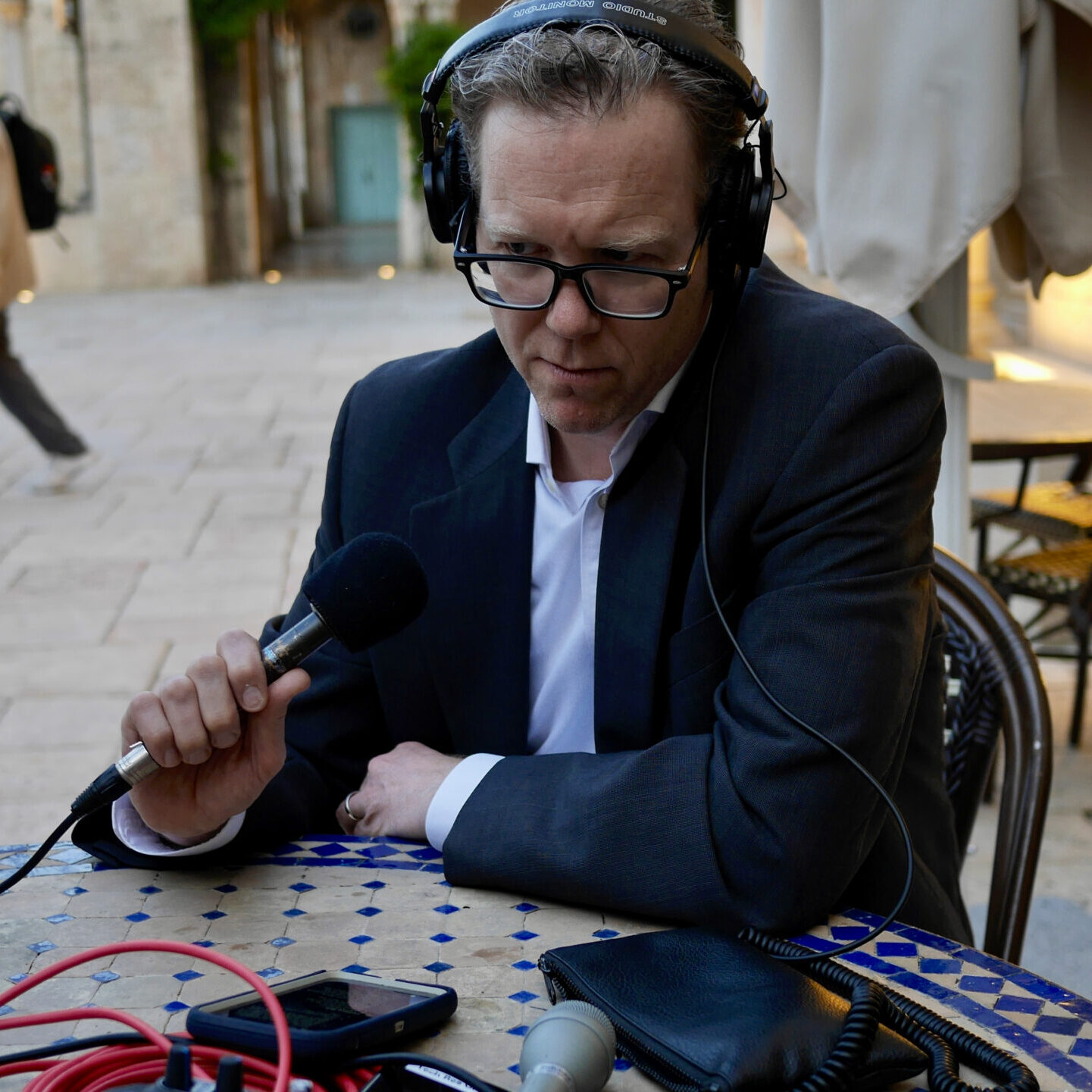
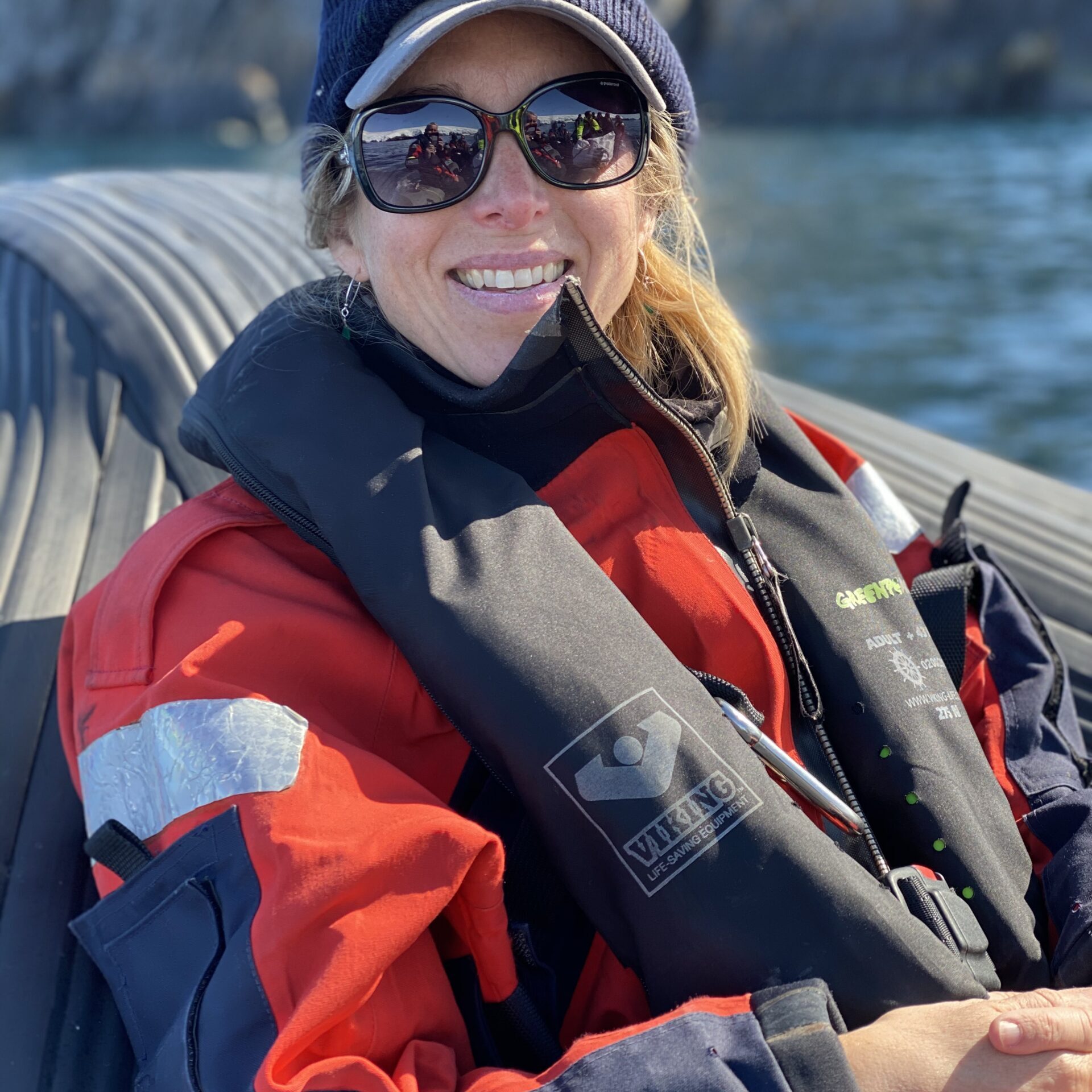
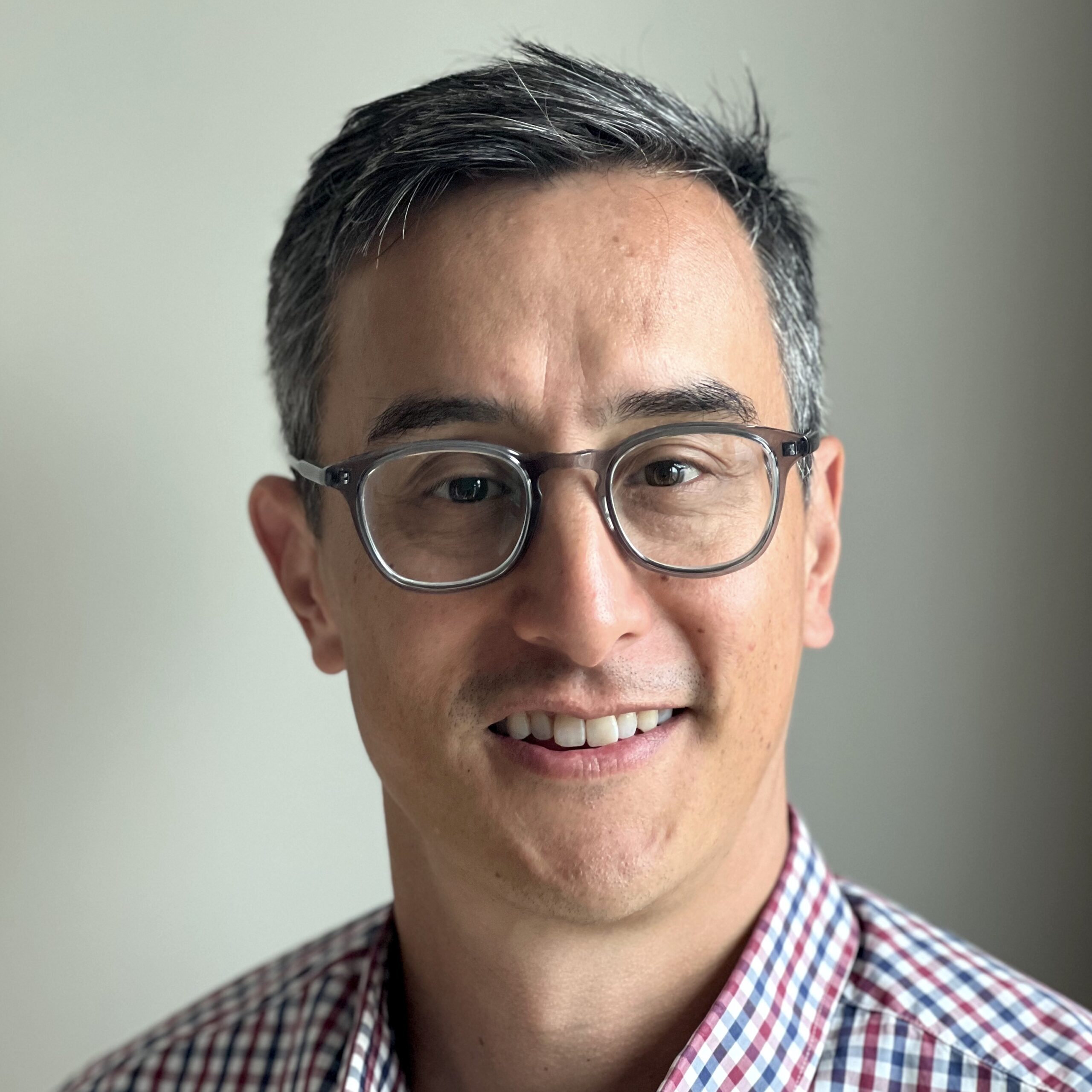
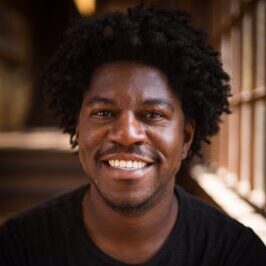
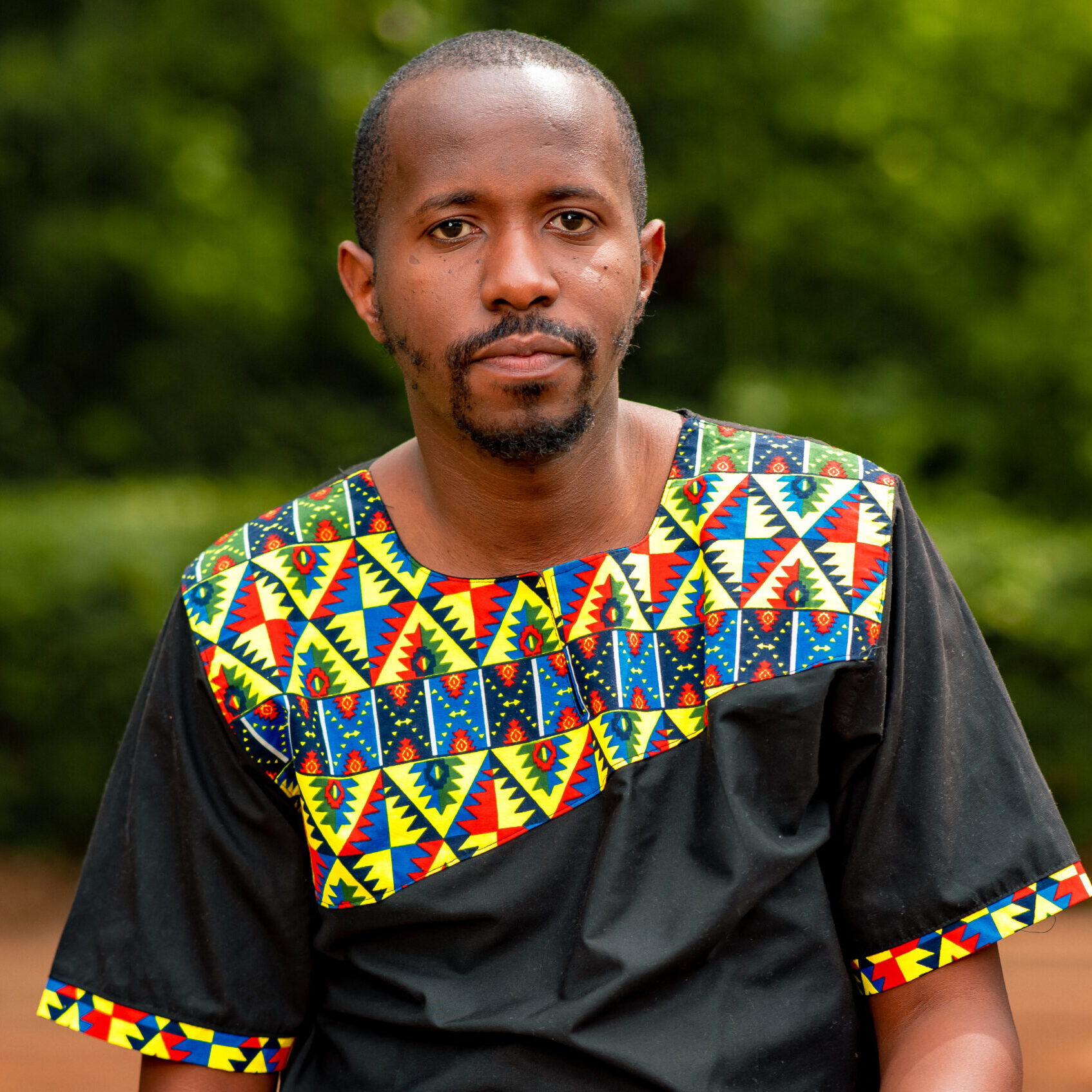
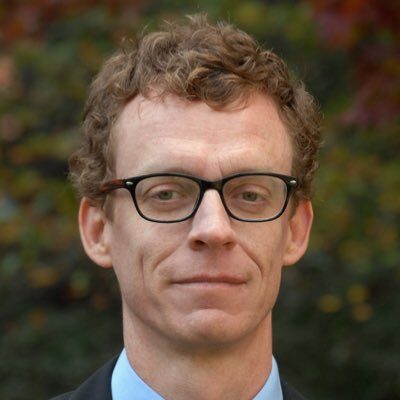
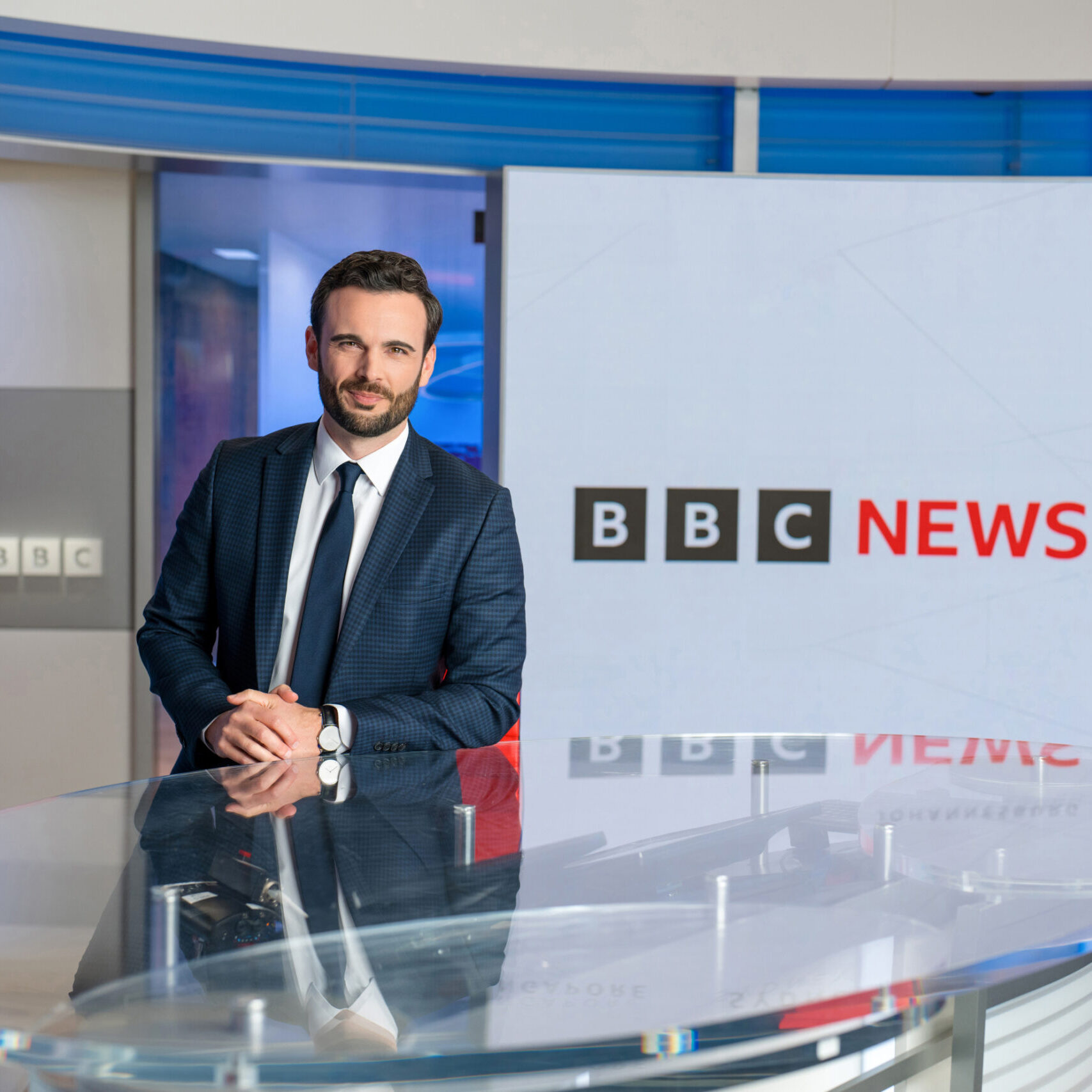
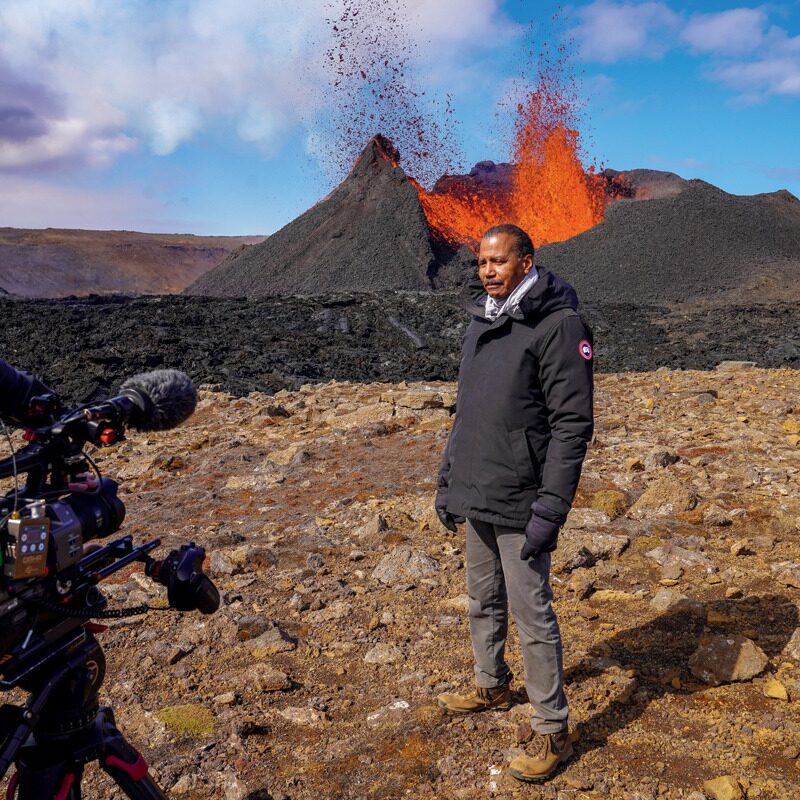






A coast guard captain on a small Greek island must save thousands of refugees from drowning at sea
4.1 Miles
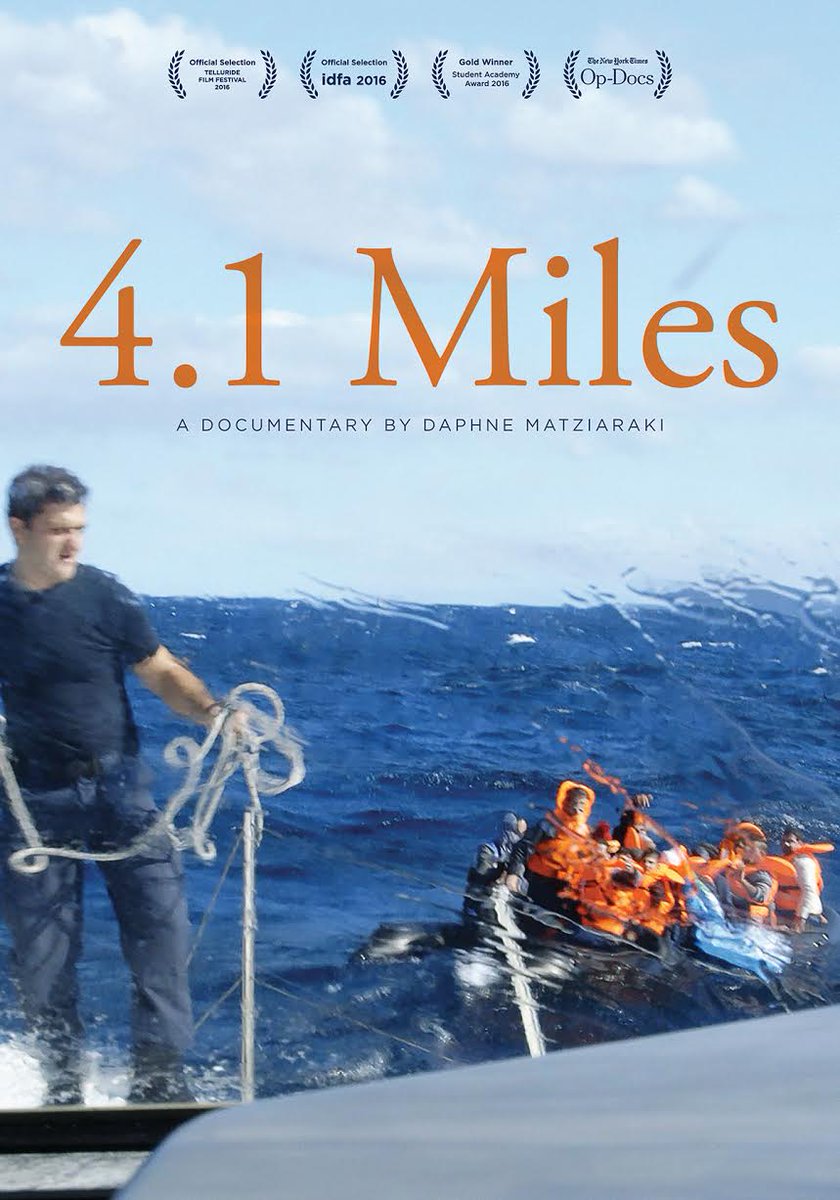
Daphne Matziaraki ('16) had barely picked up a camera before she enrolled in the documentary program in 2014. Two years later, her thesis film "4.1 Miles" premiered at the Telluride Film Festival, won a Student Academy Award, a BAFTA Student Film Award and Special Jury Prize.
The untold story of Firestone, Charles Taylor and the tragedy of Liberia
Firestone and the Warlord
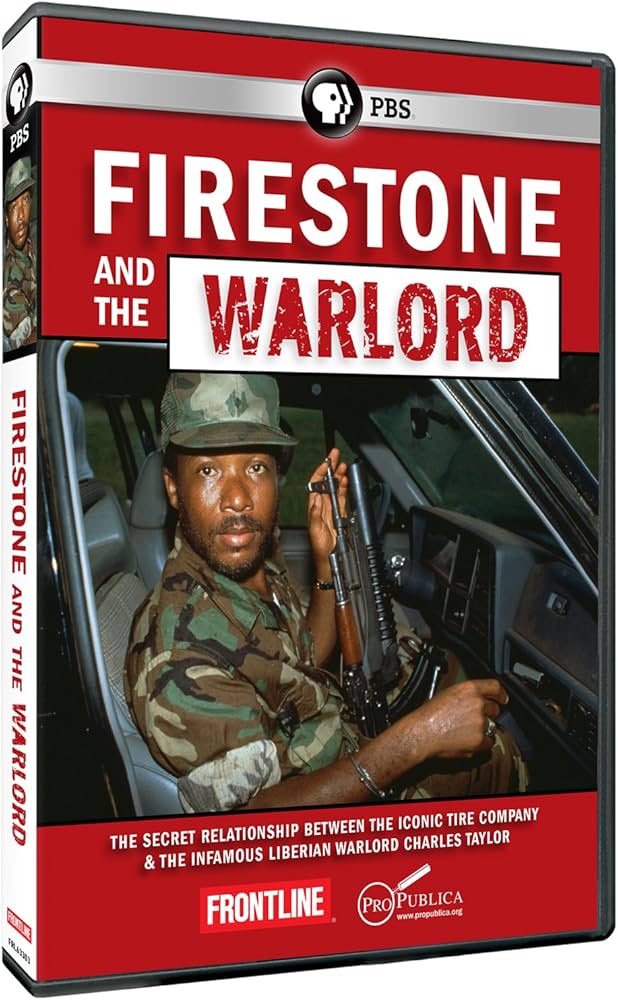
Jonathan Jones' ('05) investigation into Firestone Tire and Rubber Co.'s history in Liberia became the basis of a documentary with PBS Frontline and ProPublica, which aired on PBS in 2014 and earned him two Emmys in Outstanding Long Form Investigative Journalism and Outstanding Research.
After his mother and siblings are killed in a bombing, a Syrian teenager moves to Canada to rebuild his life
We Became Fragments
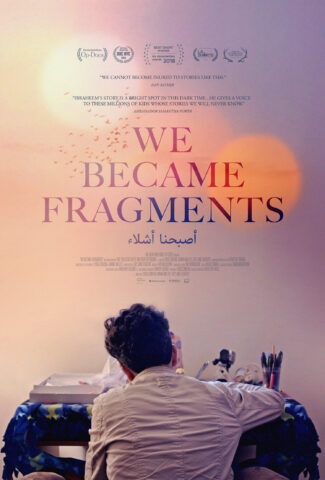
Thesis film by Luisa Conlon, Hanna Miller and Lacy Jane Roberts ('17) follows Ibraheem Sarhan and his father during his first week at a new high school in a new country. Narrated through his diaries, the film explores his heartbreak, resilience and search for identity in exile. It screened at the UN General Assembly, was nominated for an IDA Award and acquired by New York Times Op-Docs.
